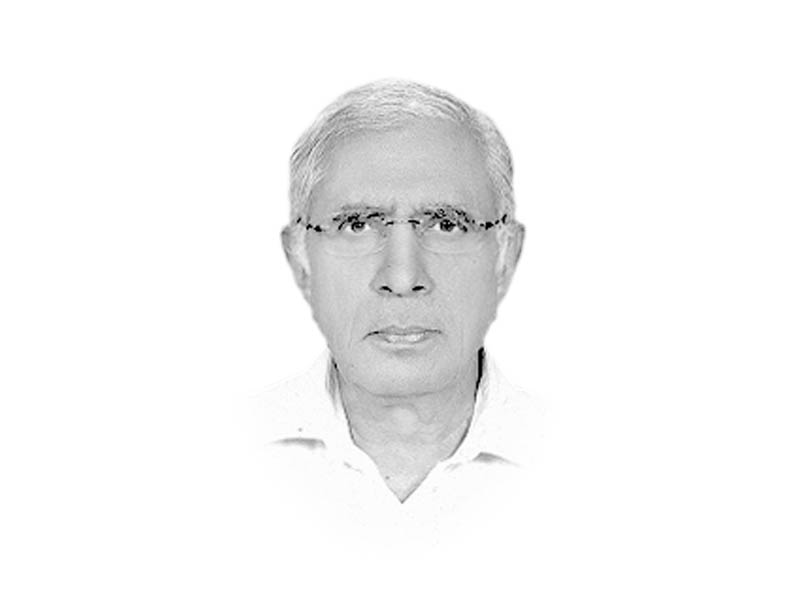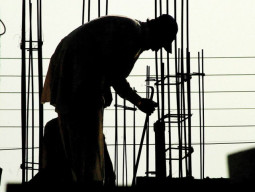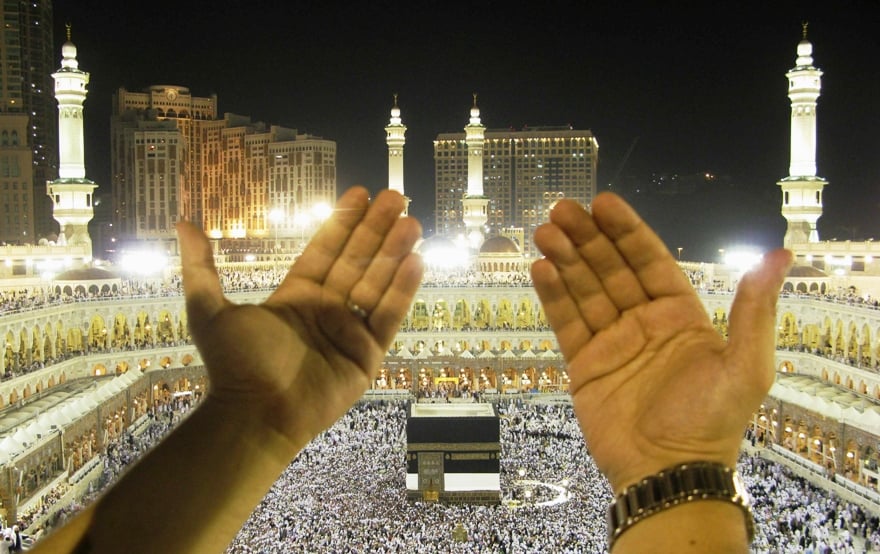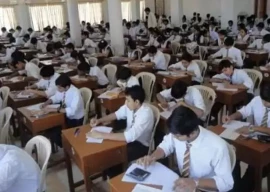
In fact, continued faith in unregulated market economy, nicknamed the Washington Consensus, is more likely to end up threatening the very foundations of the state because why would any citizen of Pakistan, other than the few rich islands floating in a sea of poverty, would feel a sense of belonging to the state if the state continues to fail in its basic responsibility of providing universal access to education, health and credit and continues to refuse affordable transport, communications and housing to its entire population.
An alternate model called the Economy of Tomorrow (EoT) is being discussed at various forums worldwide. Conceptualised by a number of German economists, the new model is being promoted as a gateway to what is called the Good Society.
The following are some pertinent excerpts from Marc Saxer’s (Resident Director at the Friedrich-Ebert-Stiftung, Thailand) proposals for The Economy of Tomorrow (EoT Project — a short summary).
“Without the resistance of the masses, entrenched status-quo elites have begun to restore the exclusive economic, social and political order. Without a vision for a Good Society, the fiscal, economic, political, democratic and societal crises cannot be tackled. Without a new economic model crisis management lacks orientation.
“There is no question for Asian emerging countries that in order to tackle social and political challenges, their economies need to grow. However, there is a consensus that the obsession with GDP growth leads to distortions and needs to be replaced with a qualitative growth paradigm. Growth is not an end in itself but a means to produce the conditions for a Good Society with full capabilities for all.
“The experience of the past three decades shows that unfettered markets do not offer any solutions to ecological, economic and social challenges, but are part of the problem. The EoT rejects such blind faith in ‘the magic of the market’ and insists the grand direction of development must be determined by democratic deliberation. In order to achieve this, the relationship between the market and the democratic state needs to be rebalanced. In order to break the vicious cycle of debt and devaluation, the state needs to set a path towards restructuring the economy, inclusive distribution and stable investment allocation. However the states, ideologically discredited and financially crippled, have largely abandoned their policy guidance function. In order to set a sustainable growth path, the state needs to regain confidence and policy space. The choice is no longer between a ‘big’ or ‘small’ state, but how to build a ‘smart state’ capable of preventing risk, correcting distortions and giving policy guidance.
“In the neoliberal model, economic dynamism grows out of the incentives set by inequality and competition (‘Greed is good’). In contrast, dynamic growth in the EoT model is driven by inclusiveness. All citizens must have access to education, health care and credit and must be able to start an enterprise. If citizens are challenged by nature or face discrimination due to their race, gender or religion, both the state and the private sector have an active role to play in removing these obstacles. By providing full capabilities for all, a society unleashes the full potential of all its citizens. The provision of public goods by the state not only strengthens consumption demand, but also increases labour productivity by improving the qualification and health of the workforce. Tapping into the innovative genius, creativity, entrepreneurial energy and talent of all people unleashes the full inclusive growth potential of a society.”
Published in The Express Tribune, May 28th, 2014.
Like Opinion & Editorial on Facebook, follow @ETOpEd on Twitter to receive all updates on all our daily pieces.
COMMENTS (4)
Comments are moderated and generally will be posted if they are on-topic and not abusive.
For more information, please see our Comments FAQ




1736854876-0/Untitled-design-(80)1736854876-0-165x106.webp)


















A nicely written thought provoking artcle by the author. What is needed however, besides growth is the awareness of the people to live within the constraints of income, a fiscal discipline, inflation control and above all reduction in current expenditure. No country in the world can afford to have one of the largest army in the world, which is the costiest non productive project. For comparison Switzerland has no standing army.
Rex Minor
Market economies have helped increase prosperity to an extent that rich in the country travel abroad and spend their money and thus reduce the balance of payment of the country. They also buy luxury items with hard earned money sent by expatriates. There was also a time when most of the political parties talked about decreasing inequality in the society. This has slowly been replaced with talks of a more religious society and the drone attacks. Pakistan needs a socialist movement, which concentrates on growth, but distribution of wealth to all and not a few. China has done that. According to latest estimates, it has reduced poverty levels for over 500 million people. We cannot follow china's methods , but we have to talk about increasing production and at the same time making sure that wealth also reaches the poorest in the society.
No analysis on the part of the writer. I think most of the people who have some basic knowledge of economy can write this kind of op-ed by quoting some foreign sources. What we need is the deep analysis and some recommendation based on ground realities.
The trickle-down model did not work in the U.S. (the birthplace of this theory). Pakistan is developing economy so it cannot be thought that it will work there. Your explanation of neoliberal theory is little different from the actual model.